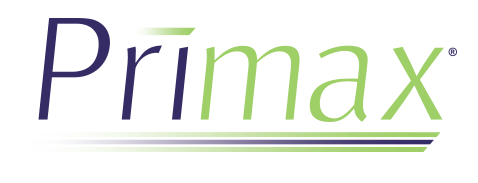As we close out our multi-part DEI series, let’s take a look back at where we’ve been:
We started out by considering what it takes to establish an organization-wide commitment to DEI and begin building a culture of inclusivity. We then took a closer look at one of the primary reasons cited by diverse talent for leaving an organization, followed by defining your DEI vision, mission and strategy. In this post, I would like to discuss one final concept on the path to parity: the evolution of work life.
What was once an impenetrable boundary between work and life has now been effectively disintegrated. The normalization of working from home over the past 18 months has eliminated any remaining boundaries with both positive and negative consequences. Employees have proven they can manage home and work responsibilities simultaneously. This concept of one life, or the true flexibility to move seamlessly between work and life, is ultimately where we are headed. It goes beyond family-friendly policies to an approach of more radical flexibility that is going to become the new standard for progressive companies that want to attract and retain top talent.
So, how do we get there? One way is an extreme and intentional focus on family. Most of us were taught when we entered the workplace to leave our family issues at the door at the start of each workday. All that has changed. And the truth is that employers are now providing a primary social safety net for many families. Since the pandemic started, we have taken a very unapologetic focus on family in our work spaces. I believe this work-life harmonization can be accomplished in a very healthy manner and ultimately be less stressful than the “leave your personal life at the door” philosophy.
Companies that get this right will be destination employers for top talent going forward. This concept is inextricably tied to bringing your whole self to work, which is a primary tenet of DEI. It brings us back to unconscious inclusion, or a natural state of inclusiveness. While I believe it is attainable within our career lifetimes, it will require a wholesale change and paradigm shift in how we think about culture and even a potential redefinition of our role as employers.
Credit unions who commit to DEI will have a competitive advantage for attracting and retaining talent, higher productivity and higher levels of innovation. I also believe that credit unions, especially those led by women, are uniquely positioned to accelerate DEI and collectively drive culture within the credit union industry. Why? Because the essence of the credit union philosophy is directly aligned with the spirit of diversity, equity and inclusion. Done well, DEI can become a primary enabler of evolving your credit union’s culture to more effectively serve your members.
Lynn Heckler has served as executive vice president and chief talent officer since May 2011. Since joining the organization in 2001, Heckler has shared her passion for creating a culture of inclusion, leadership development and engagement in the workplace, advancing our initiatives for inclusion and diversity, women’s leadership, learning and organizational development, corporate insurance, facilities and more.




